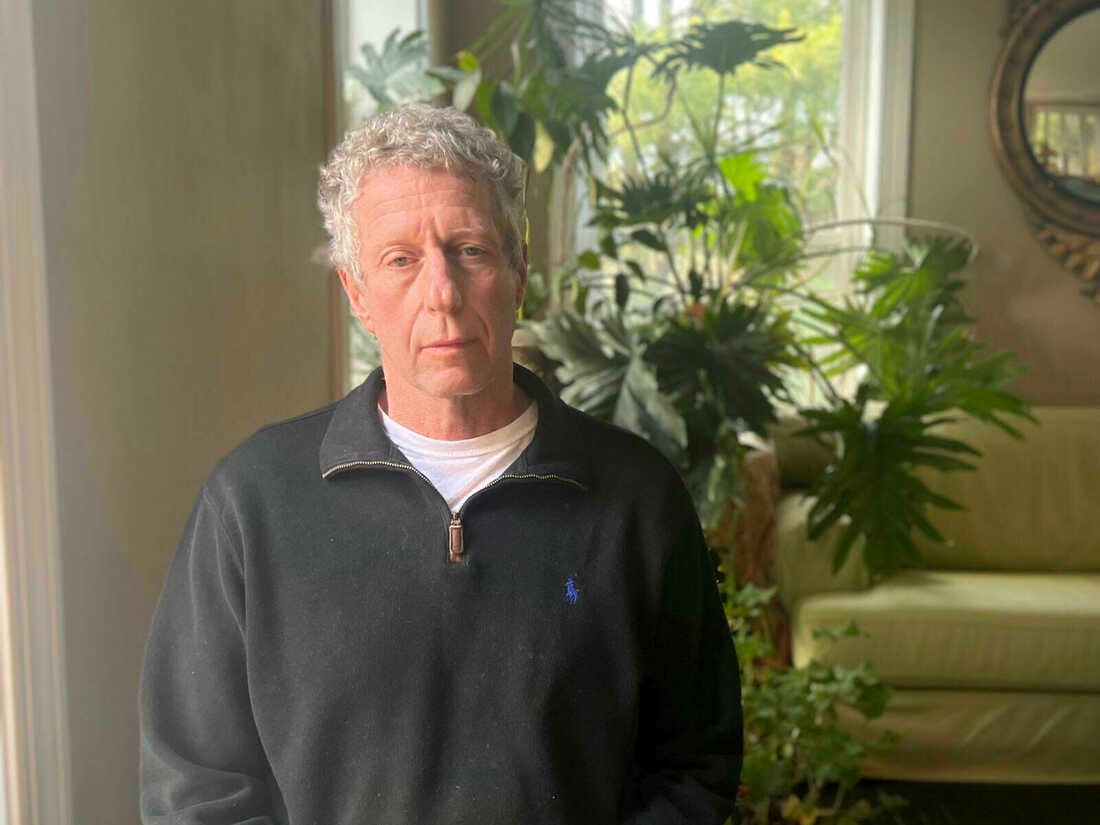READ
If you haven’t yet, read the startling account by NPR reporter Uri Berliner in The Free Press.
It tells the story of a cultural shift within the organization. Away from even-handedness and toward advocacy.
Berliner’s story is powerful and provocative. He’s now suspended from NPR. (I would observe that he did not appear to ask his sources for comment on his story in advance of publishing it, for reasons I do not know.)
NPR’s media reporter David Folkenflik did an excellent follow-up piece with Berliner after his suspension that is worth reading for what it reveals behind the scenes.
My own story is very different from Berliner’s, but it has some parallels.
The main one was this: the growing feeling that being a reporter put me at odds with my values—and, ultimately, myself.
I spent more than a decade in journalism. From the time I graduated until I was well into my thirties, it was the only industry I knew. I worked as an editor, a reporter, an analyst, and that least glamorous of things, a blogger. I did business features, travel stories, economic breaking news, missile launches, diplomatic readouts, book reviews, Gawker-style satires, straight interviews, and occasional opinion pieces.
After a decade, I had seen reporters rise and fall. I had seen plagiarism scandals, mental breakdowns, the collapse of multiple publications, firings aplenty, and a newsroom rebellion. Through all that, I had built a solid career. I could freelance for major magazines. I knew people at the top.
And yet… I increasingly felt sick to my stomach doing it.
Why?
By 2018, I hated what media was doing to me as a person.
While many journalists get an ego boost out of telling people what they do — it’s one of the main perks, since the compensation is mediocre—I increasingly felt moral shame.
I had come to journalism because I loved to write. I wanted to present ideas to the public in a beautiful form.
The reason I left was that the habits I learned there made me lose self-respect.
One of these habits was superficiality. I had entered journalism in the 2000s, when blogs were just beginning to make print media nervous by commanding large readerships. That’s when I learned the art of clickbait. Writing edgy, misleading headlines was my first real job. If The Atlantic is a place full of clickbait headlines today, I can tell you that process began over 15 years ago.
The other habits took longer to form. And to be clear, the responsibility for them is mine.
What I can say is that now, over five years out of the profession, I was right in thinking that leaving the media would free me of this guilty feeling.
Here are the bad habits — or peccadilloes, or perhaps even sins — that I perceived in the industry and feared were growing in me as a byproduct of being a journalist:
Cynicism
Disingenuousness
Thirst for glory over truth
Indifference to the consequences of a story
Rejection of anything not “new” or “relevant”
Desire to control what others think and know
Contempt for anyone outside media
Herdthink
Intentional twisting of words
Proudly biased
Shamelessly inexpert yet swaggeringly confident
Certainty that only you know what really matters
In addition to feeling the growth of these habits, I went through a few incidents that made me aware that my job as a reporter was not to write what I found, but to State The Narrative.
The worst of these was in 2017, when a story I was writing about China’s president’s speech to the World Economic Forum was changed in order to conform to The Narrative. (Which at the time, was that China was the Good Guy in global trade.)
You can read that story here.
WATCH
The challenge of Narrative Control is nothing new.
In 1959, a television writer by the name of Rod Serling told Mike Wallace (an excellent interviewer of the old guard) about the censorship he experienced, and the insidious practice of “pre-censorship” that became ingrained among writers who learned how to tailor what they wrote to the needs of their commercial sponsors.
Such experiences led Serling to start his own program on themes of manipulation and deception. Its name: The Twilight Zone.
Enjoy the eloquence. Try to imagine this on TV today.
LISTEN
Give a listen to this podcast on Infinite Loops, part of the O’Shaughnessy Ventures growing empire of content. It features host Jim O’Shaughnessy in conversation with Liberty RPF and author Jimmy Soni.
It’s a rich discussion of the future of publishing. One of the challenges they touch upon—one of many—is the risk-aversion (and ideological narrowness) of contemporary publishing. Call it another form of Narrative Control.
This timidity leaves a door open to disruption, something you will see more of with a proliferation of hybrid publishers.
What I’m Working On
The next session of Create, Publish, Profit opens its doors this Wednesday. I’ll be teaching two courses on authority and networking online. If you’re interested, check it out and register before the doors close later this week.
And speaking of books and the future of publishing—thanks to many who have reached out about exploring projects with Alembic Partners. There are exciting things in the works, and if you’re curious to learn more I’d love to hear from you.
The rest of the “work” this week is preparing for our identical twins’ second birthday. It was their birth two years ago that set off so many new things in my life. I’d say it’s “hard to believe” it’s only been this long, but the truth is it’s felt like much longer.
…In a good way.
Until the next time,
Ben








The quandary is not unlike what the politician experiences. Does he/she tell the truth and risk not being elected, or does he/she sugarcoat or obfuscate the truth in order that he/she is elected? My use of he/she is another example of the quandary.
So you took the red pill? Respect.